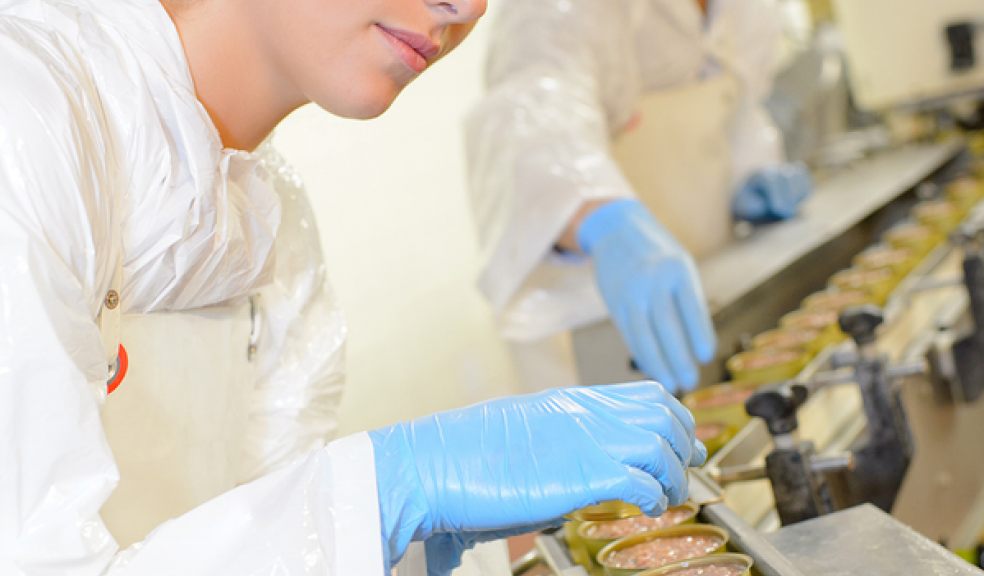
Which jobs can technology replace?
Have you heard that the Bank of England’s chief economist has warned that half of all British jobs could be replaced by robots over the next 20 years? It’s true! (Though, it’s worth remembering that technology is likely to create jobs as well as replace existing ones).
However, it’s likely that (just as automation has done in the past) technology will take away many jobs we’re training for, recruiting for and performing right now - particularly those that are lowest paid and consist of tasks that can be automated. Here are some of the jobs that technology might replace…
Clerical and administrative jobs
Firstly, experts are warning that administrative and clerical roles are likely to be replaced by machines. This isn’t a great leap when you consider the fact that we already heavily rely on hr solutions software and do a great deal of man-management online. So called ‘white collar roles’ could be lost due to the fact that many processes than be automated, reducing the risk of human error and speeding up tasks are thought to be very ‘black and white’. Receptionist roles and loan officer jobs might be among the first to be replaced by technology, for example.
Factory and production jobs
It’s also believed that manufacturing jobs (such as those performed in factories and on production lines) are likely to be performed by ever-increasingly sophisticated machines, ramping up the usage of technology in industries where robot substitution has been on the rise for a number of years already. As well as manufacturing jobs, roles that involve the production and serving of food and drinks could diminish in number too as technology becomes commonplace in the fast-food and bartending industries.
Blended human/machine jobs
Some people also believe that jobs that are currently performed by a combination of technology and humans might soon evolve to be performed by technology alone. Take driverless cars, for example; the BBC has predicted that driverless cars may one day replace the role of taxi drivers, and automated taxi pods are already due to begin operating in Milton Keynes. Similarly, the world’s first robot-only factory (rather than part-robot, part-human operated factories) is being built in China and is expected to reduce the current human workforce by as much as 90%.
However, it’s important not to get too concerned
While it’s likely that ever-evolving technology is likely to replace the jobs that many of us currently perform, technology has a habit of creating new or additional work opportunities that otherwise wouldn’t exist. For instance, consider the number of business and employment positions that have arisen with the creation of the internet!
Don’t feel too pessimistic about technology replacing many jobs
We might need to focus on strengthening our cognitive skills such as relationship building and negotiation, as well as sharpening our creativity and imagination (as these are the jobs that can’t be so readily performed by technology), but ultimately there will be work to do - whether that’s doing something technology simply can’t, or designing, building and maintaining the ever growing number of machines we rely upon!




















